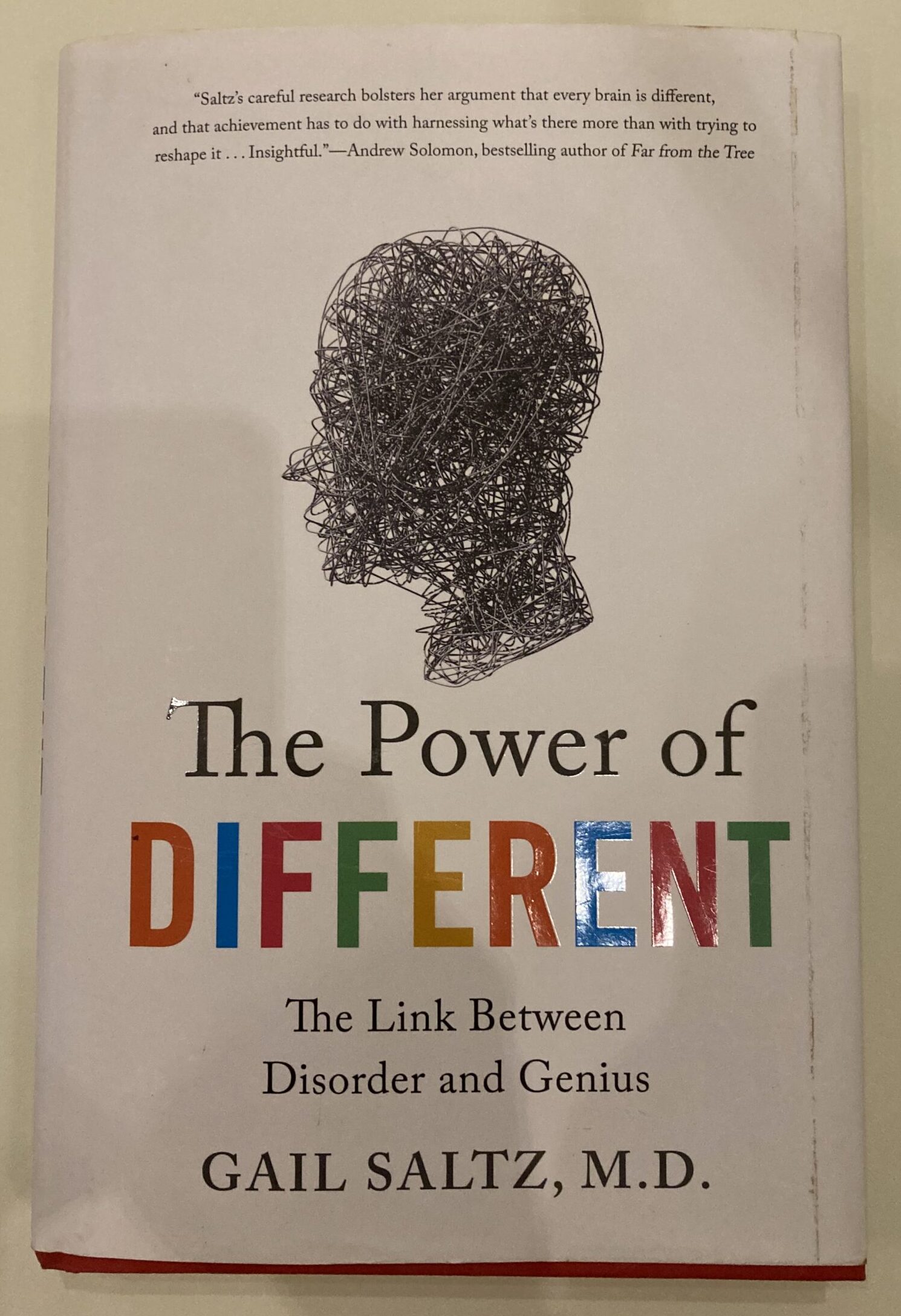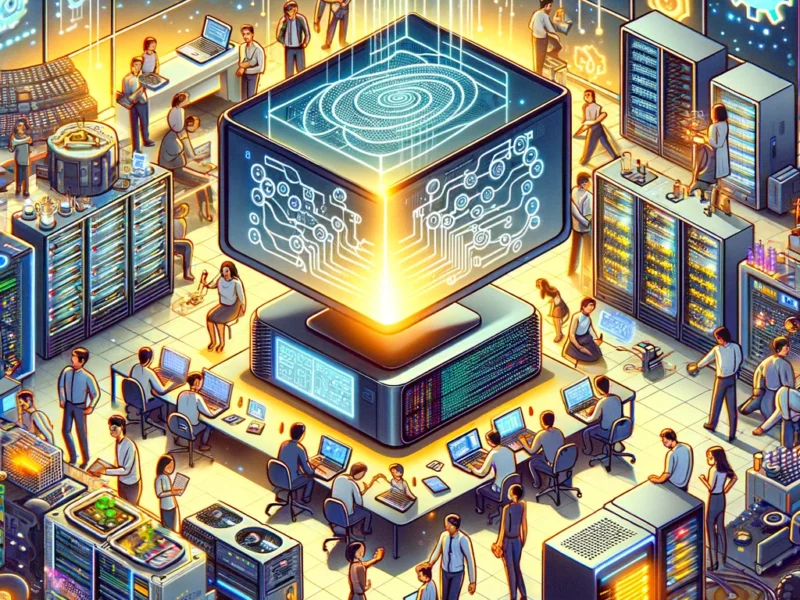Dr. Gail Saltz tells us the linkage between disorder and genius. With this book, we learn several types of brain difference and this understanding is helpful for us to respect the brain difference and think if the existing educational or social system functions properly to give a variety of opportunities for people with different levels of divergent thinking.
The ability to flip back and forth between organized and messy thinking. The creative brain needs to balance at the “the edge of chaos.”
What I believe is that each of us has unique talents gifted by God. Our mission in this world is to explore what they are or what it is. What Dr. Saltz mentions in the book gives us some hints. When we have intense focus on something and make it detail oriented, this is the sign. When it is found, make it manageable is something we have to learn. As quoted, it is the balance between the divergent and convergent thinking that we turn the creativity into another beautiful piece of life, society and the world.
Move away from being good at everything and toward one that focuses on developing expertise.
A keyword, “Project-based learning,” is mentioned in the book. Dr. Saltz thinks our existing system spends too much time teach students on those they are not good at or hard to focus. She encourages 20% on weakness and 80% of time spent on strengths. Create an environment for kids to immerse in their unique passions. Therefore, explore what kids are more focused on, and once found, starts early to allow them to devote to it.
Below is summarized by ChatGPT to outline the key brain differences described in the book:
- Depression: A mood disorder that causes persistent sadness, loss of interest, and changes in sleep, appetite, and energy levels.
- Dyslexia: A learning disorder that makes it difficult to read, spell, and recognize words despite normal intelligence.
- Schizophrenia: A serious mental illness that affects how a person thinks, feels, and perceives reality, often causing hallucinations or delusions.
- Autism: A developmental condition that affects communication, social interaction, and behavior, often involving repetitive patterns and focused interests.
- ADD (Attention Deficit Disorder): A condition characterized by trouble focusing, maintaining attention, and following through on tasks, usually without hyperactivity.


